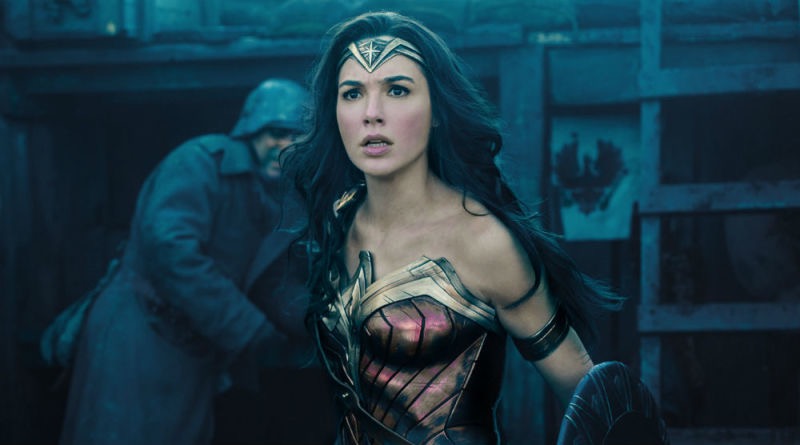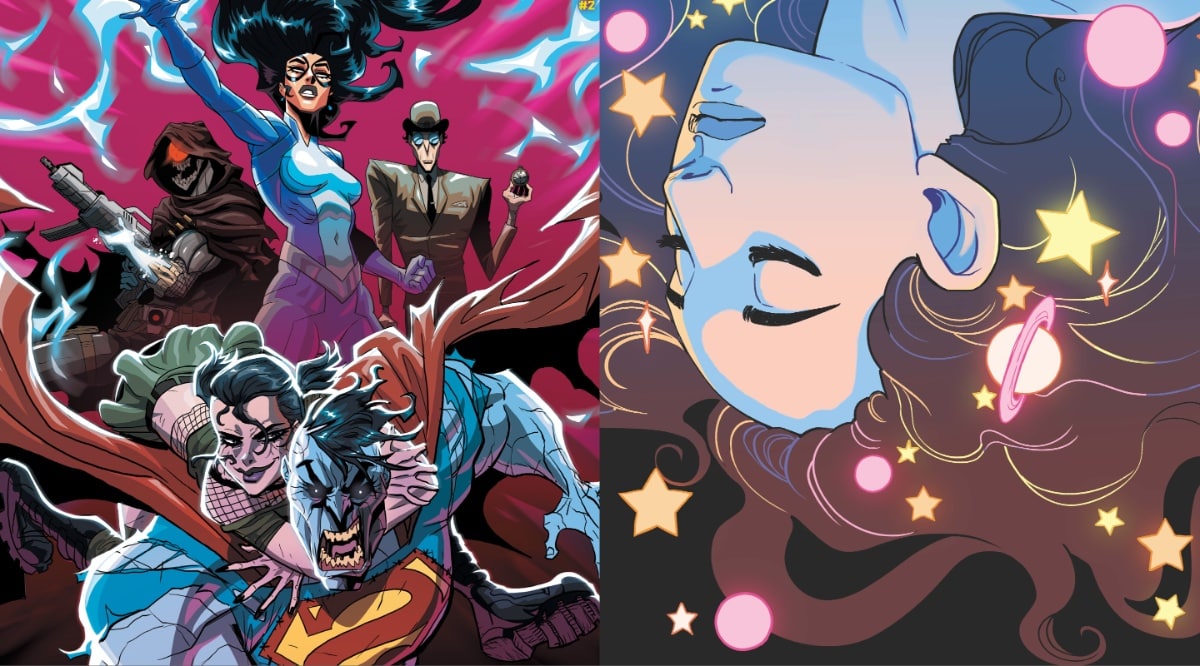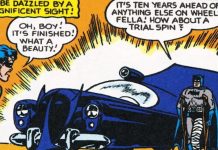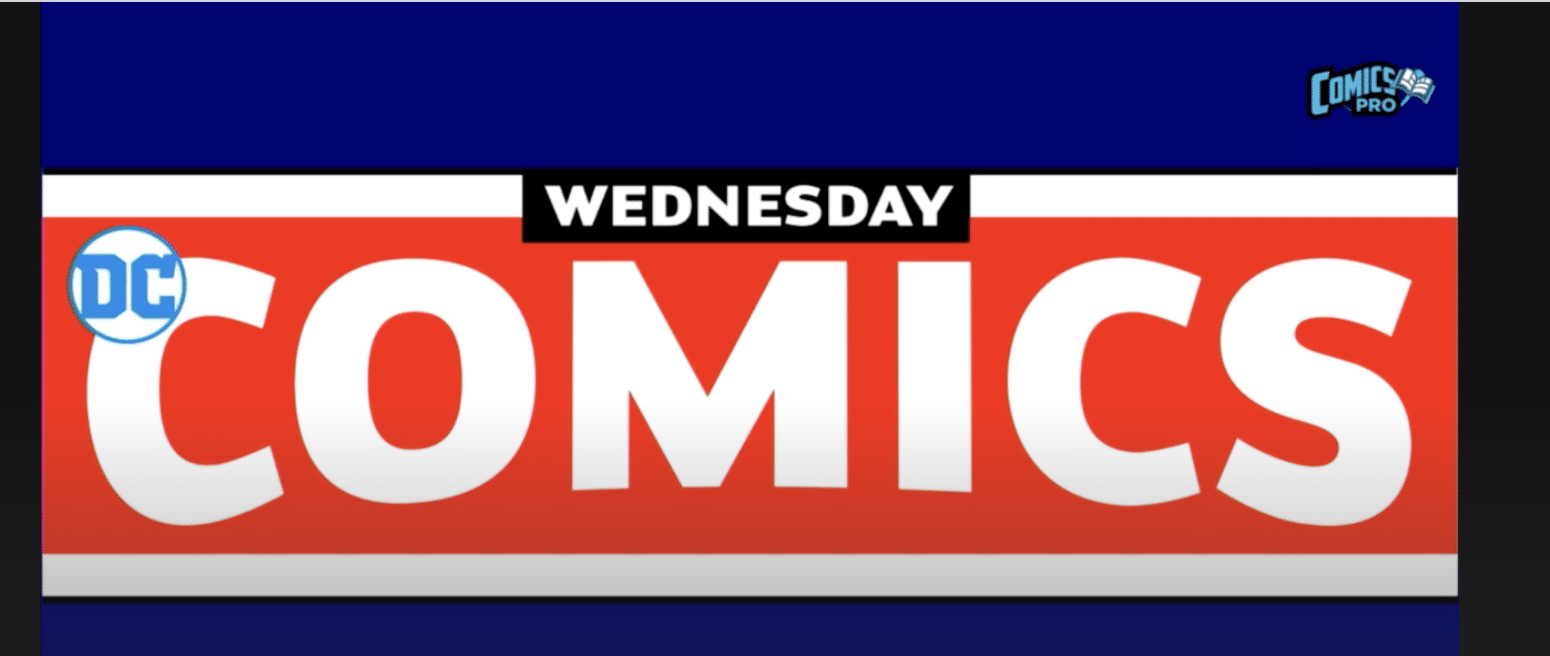About a year ago, I remember fretting to some colleagues that maybe the American public’s love affair with superhero movies would end just in time for Wonder Woman to flop, and that would be the end of female led superhero films. I know it seemed unlikely, but Wonder Woman’s treatment in Hollywood has been so misguided, sexist and clueless for 40 years that such a crash would have been the final brutal irony.
Luckily, I was wrong, and I’ve never been so thrilled to be wrong.
Wonder Woman is a huge, feel good hit, with a triumphant $122.5 million domestic opening and $223M globally.
In her maiden outing, Warner Bros’ Wonder Woman dominated the international box office with $122.5M on 34,300 screens in 55 markets this weekend — and that’s without such major hubs as France, Germany and others. In overall terms overseas, the start outperformed such key (and male-led) superhero comps as Thor 1 & 2, Iron Man 1 & 2, Guardians Of The Galaxy 1 & 2, Doctor Strange, Captain America 1 & 2, Man Of Steel and Ant-Man. The global cume on the Patty Jenkins-helmed DC pic is $223M.
Domestically there was clearly extra girl power behind the $100.5M opening, yet internationally the sentiment is that to have reached the numbers Wonder Woman ascended to, the film is appealing to all audiences.
The exit polling has been “through the roof” and the film drew an audience that was 52% female, and 48% male, with both groups giving it an A on CinemaScore.
Patty Jenkins has set a record for an opening for a female directed film, and it can safely be said both she and Gal Gadot will be greeted with rose petals for the sequel. Jenkins has even been giving a little ding to critics here and there by quietly noting that the DVD won’t have any deleted scenes becuase there weren’t any – after coming up with the concept of Wonder Woman in WWI, Jenkins shot the script and there were no costly reshoots or frantic tweaking as with Suicide Squad and (it’s rumored) Justice League.
Wonder Woman has cultural phenomenon written all over it. I haven’t seen it yet (shame, shame, shame I know) but here are a few links I found.
This headline alone says it all: ‘Wonder Woman’: Young Girls Around the Country Dress as the Heroine for Opening. There are reports of tears of joy at screenings as well.
Jill Lepore, who wrote the biography of WW creator Marston, weighs in for The New Yorker.
That “Wonder Woman,” the film, has at last been made is a relief. Also, to be honest, it’s a relief to watch a woman fight back. A lot of viewers will come to this film, as I did, after the most ordinary of days, punch-card-punching, office-meeting, kid-raising, news-watching days, days of seeing women being silenced, ignored, dismissed, threatened, undermined, underpaid, and underestimated, and, somehow, taking it. I am not proud that I found comfort in watching a woman in a golden tiara and thigh-high boots clobber hordes of terrible men. But I did. Gadot’s Wonder Woman is fleet and lithe and fierce and tender. “A baby!” she cries out the first time she sees one, lurching toward it with a rush of love (they don’t have them where she comes from). That said, the Women’s March “Wonder Woman” is not. The filmmakers, citing a desire for the movie to have “universal” appeal, have disavowed both the character’s American commitments and her feminist cause.
One of the characters in the film is a Native American, portrayed by Eugene Brave Rock and named only “Chief.” Some have found this a superficial treatment of the characters but some native writers were impressed.
What I didn’t expect was to be overcome with emotion when Eugene Brave Rock’s character ‘Chief’ met Wonder Woman, who was spectacularly portrayed by Gal Gadot. Why? His first words to her were in Blackfoot. Even better, he introduced himself as Napi, the Blackfoot demi-god who is known as a trickster and a storyteller.
Also of note, Brave Rock was inspired by Michael Mountain Horse, a real First Nations soldier who fought for Canada in WWI and has a school named after him.
And of course, the movie is not perfect, as Ray Sonne notes in Wonder Woman Is Inspiring, But Not Intersectional
While I’m sure many voices, pro and con, will be heard as the movie settles in to its place in the pop culture grid, the fact remains: They made a Wonder Woman movie, directed by a woman, it was good and it made a lot of money.
They will never take that away.









I had a feeling ‘Cheif’ was based on an Aboriginal from Canada.
I halfway wonder if Steve Trevor is Canadian as well, considering it was WWI.
So now will Marvel finally make a Black Widow solo movie with Scarlett Johansson? Or do they already regard Scarlett as “too old” (at 32)?
This will probably get me labeled as sexist, but I’m tired of hearing that women in Hollywood won’t have parity with men until a woman directs a bloated franchise flick that’s just as big, dumb and loud as the ones men direct. Until recently, there haven’t been many female directors who have WANTED to make expensive action movies. And Kathryn Bigelow isn’t going to direct a Transformers movie.
What’s wrong with wanting to direct a small-scale human drama? I wish more men wanted to direct those. Unfortunately, those movies are quickly being consigned to Netflix or Hulu.
But I’m relieved to hear that WONDER WOMAN plays like an actual movie, instead of a long TV episode like too many recent superhero movies (especially the ones from Marvel). Looking forward to seeing it tomorrow.
Another canard I’m tired of hearing: that the Supergirl, Catwoman and Elektra movies flopped “because they were bad movies.” Greg Rucka was promoting this tired argument on public radio last week.
Bad movies make fortunes all the time. Ever hear of Transformers? Or the sequels to Twilight, Pirates, Friday the 13th, Halloween, Police Academy, The Hangover, ad nauseum? All bad movies, and all profitable.
Now people will say that WONDER WOMAN is a box-office hit “because it’s a good movie.” The list of good movies that were box-office flops in their initial release is too long to recount. You could start with Citizen Kane, The Wizard of Oz, It’s a Wonderful Life, and Vertigo, and go from there to Scott Pilgrim.
The inconvenient fact is that quality has little to do with a movie’s financial fate. It has more to do with marketing and the audience’s constantly shifting tastes.
George: Catwoman, Supergirl and Electra had one thing in common: They were bad FIRST FILMS of a potential series. And the other bad films you listed, from Hangover to Transformers, were part of a longer series.
Go see Wonder Woman., NOW!
@George: “Some bad movies succeed” and “Some good movies fail” are true statements.
They also do not contradict the premise that these *particular* bad movies failed because they were bad.
SUICIDE SQUAD, the first film in a proposed series, made $745 million worldwide. But you’ll never convince me it was a good movie.
And the Transformer series was bad from the first movie. It wasn’t just the sequels that sucked.
@George It is not clear what your point is. Elektra is as good as Citizen Kane?
Comments are closed.